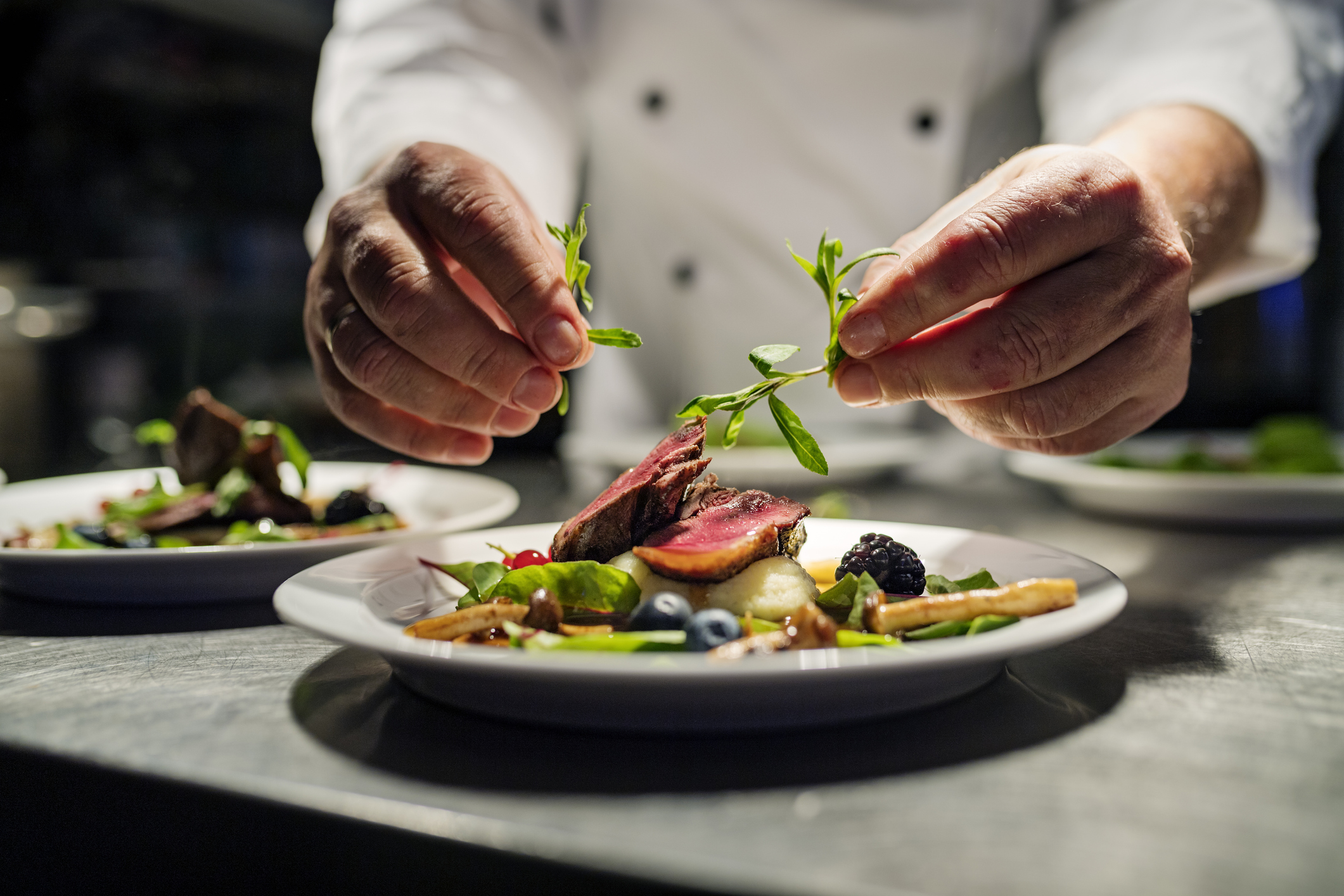Food allergies have been a medical hindrance for restaurant connoisseurs for ages, with food reactions ranging from a mild tingle to life-threatening heart palpitations. In 2022 and beyond, it is absolutely crucial that food allergy safety be prioritized for the ever-growing number of customers prone to allergic reactions.
Preparing and Planning
While every successful restaurant should have the basic food safety certification, they should also give a particular emphasis on popular allergies and dietary restrictions. Some of the most common allergies are dairy, gluten, tree nuts, and shellfish. The first step is to include delicious dishes in your regular menu that exclude one or all of these allergens. Do research on easy allergen replacements, and be creative.
Another detail that can make or break a customer’s visit is your paper or digital menu. Once you incorporate allergen-free meals into your rotation, be sure to mark them obviously on your menu with the popular grain icon (symbolizing gluten-free), or make your own user-friendly way to show the allergens in each dish. This will make for easy ordering and ingredient replacements to be slim to none.
Asking and Acknowledging
The customer service aspect of food safety protocols is extremely important. Be sure to train your servers to ask every customer about their food allergies and dietary restrictions. Though they may be ordering an allergen-excluding dish, this extra knowledge can help ensure that the dish is delivered with the utmost care.
Customers often feel very valued when they are asked about their dining preferences, and often appreciate this easy extra question. A simple, “do we have any allergies or dietary restrictions this evening?” is a perfect opener to ensure a visit without any allergic reactions or unhappy vegans.
Safely Serving
While utilizing the ServSafe approved methods to avoid foodborne illness, again take note of which allergens are making contact with other ingredients. Handwashing is one of the best ways to protect yourself and your customers from getting sick. It is vitally important that cross-contamination is avoided in each dish. An excellent idea would be to have a separate area for contaminant-free cooking, but if this is not possible, assign one designated worker to the allergen-free dishes.
Additionally, if more experience is required in your push to prevent food allergy reactions in your restaurant, there are plenty of ServSafe training sessions offered to train food service workers on how to easily and safely manage food allergy safety.
It only takes a few extra steps to cater to the dietary restrictions in your customer base, and it is without a doubt worth it. Restaurants offering vegan, gluten-free, and dairy-free options are on the rise. Investing in food allergy safety is a must. Contact us today to get your certification.

